During the coronavirus pandemic, Canada took extraordinary procedures to allow international students studying in Canada to complete their studies while still being eligible for a PGWP.
In addition, PGWP holders currently in Canada can apply for a new open work permit with a period of up to 18 months.
As part of its efforts to attract overseas students and keep them as immigrants, Canada offers the Post-Graduation Work Permit (PGWP). The PGWP is valid for up to three years (the term of the PGWP varies depending on the length of the person’s Canadian educational programme). The PGWP is an open work permit that permits international graduates to work for any employer in Canada without having to first get a job offer. The PGWP allows international graduates to get professional job experience in Canada, which is a huge benefit. When PGWP holders go on to petition for Canadian immigration, this kind of job experience comes in handy. Many of Canada’s more than 100 immigration programmes reward applicants who have studied and/or worked in the country. In general, a PGWP holder must gain one year of professional work experience in a NOC code of 0, A, or B before applying for a Canadian permanent residence programme.
What are the PGWP’s Eligibility Requirements?
To be eligible for a Post-Graduation Work Permit, international students must have:
- Completed studies in an academic, vocational or professional training program that is at least eight months long at an eligible Designated Learning Institution (DLI) List.
-
- Study program must lead to a degree, diploma or certificate.
- Held full-time student status in Canada during every academic session of the program or programs of study completed and included as part of their post-graduation work permit application;
- Note: Canada has waived this requirement during the coronavirus pandemic for certain international students. Exemptions may apply to those who have begun or will begin a program between spring 2020 and fall 2021, or those whose program was already in progress in March 2020. In addition, exceptions may apply for those who took a leave from their studies in their final academic session.
- Received a transcript and an official letter from the eligible DLI confirming that the applicant has met the requirements to complete their program of study;
- The transcript and official letter must be included in a post-graduation work permit application.
- Graduated from:
- a public post-secondary institution, such as
- a college
- a trade or technical school
- a university
- CEGEP (in Quebec)
- a private post-secondary school (in Quebec) that operates under the same rules as public schools in Quebec;
- a private secondary or post-secondary school (in Quebec) that offers qualifying programs of 900 hours or longer and results in the issuance of a diplôme d’études professionnelles (DEP) or an attestation de spécialisation professionnelle (ASP); or
- Canadian private school that can award degrees under provincial law (for example, Associate, Bachelor’s, Master’s or Doctorate degree) but only if the student was enrolled in a study program that leads to a degree as authorized by the province.







